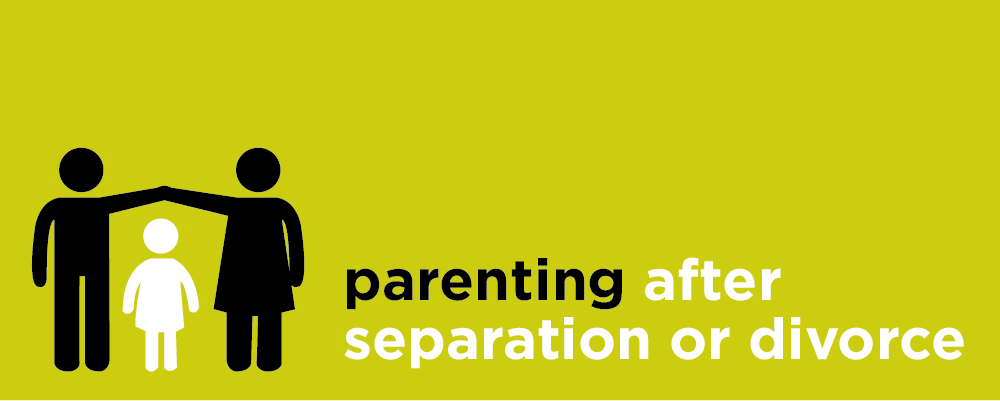- Basildon 01268244144
- Chelmsford 01245453800
- Colchester 01206217300
- London 020 4586 1280

Often, parents involved in a separation or divorce find it difficult to communicate effectively when their relationship breaks down. There are many reasons for this, including the cause of the breakdown of the relationship, the way the separation happens, the circumstances arising and resulting from the separation, and the difficulty in parents being able to separate their relationship feelings from their parenting feelings.
The Parenting after Parting Committee of Resolution – a nationwide group of family justice professionals committed to resolving family law issues in a constructive way – has recently published a Parenting Through Separation guide to support parents through every stage of the journey from separation, divorce and beyond.
The informative guide covers many issues, including helping parents to communicate with one another more effectively following the breakdown of their relationship so that they can better co-parent and put the best interests of their children first.
The guide looks at how separation is a journey, not an event and how parents and children experience a range of emotions during that journey including denial/shock, anger, bargaining, depression/sadness, and acceptance. Each parent and child will experience these emotions at a different time and at a different pace and this plays a big part in how effective communication can be during the separation journey.
How can separated parents communicate effectively?
It is recommended that parents should consider getting support early on from a neutral third party such as a mediator, counsellor, therapist, coach, or family friend to help establish effective communication following separation.
5 top tips for communication after separating for parents
1. Always remember that separation is a journey, not an event. The other parent may be at a different stage of the journey, experiencing different emotions. This will have an impact on how easy or hard it is for you both to communicate. Be respectful of one another’s emotions and agree to take a break if either of you begin to feel too stressed or you are finding the conversations too difficult.
2. Timing is important. If possible, try to agree on a time to talk and keep in mind when would be the best time for both parents. If this is too early, then there may be distractions of getting the children ready for school or work for example. If it is too late then you may both be tired. Also ensure the children cannot overhear your discussions.
3. Be prepared and agree in advance the issues you wish to discuss. It is best to try to give the other parent notice that you want to talk to them, rather than springing this on them. That way, you can both feel prepared. Also consider limiting the number of issues to be discussed – perhaps one or two each – so that you do not lose focus. It may be helpful to set an agenda so that important issues are not overlooked.
4. Try to stay calm, constructive, and conciliatory in your communications. Whilst it can be very difficult to keep emotions in check, consider your choice of words, tone, and language so that you avoid being argumentative, hostile, or antagonistic. Consider how you would wish to be spoken to and be respectful of one another.
5. Consider what you do and do not need to communicate about as parents, as well as how you will share information with one another, including in the event of emergencies. There are lots of communication options for parents including face-to-face discussions, telephone calls, Zoom/Teams/Facetime video calls, emails, and text/Whatsapp messages for example. There are several other online co-parenting platforms and apps to help parents communicate, including Our Family Wizard, 2houses and AppClose for example.
All the family lawyers in the Birkett Long Family Team are members of Resolution and subscribe to a code of practice which is aimed at helping families resolve matters arising from the breakdown of their relationship sensibly and constructively. We understand the importance of effective co-parenting and the challenges faced by parents in being able to communicate effectively following separation.
If you are involved in, or are contemplating, a divorce or separation and would like more information in relation to these issues, or if you would like a copy of the Resolution guide referred to in this blog, please do not hesitate to contact me. I am based at our Colchester office and can be contacted at shelley.cumbers@birkettlong.co.uk or 01206 217378. We can offer a free 15-minute telephone call to see how we can help you and would be more than happy to discuss these matters with you.
For more information on our divorce & separation services visit the links below:
Divorce or ending a relationship



Comments